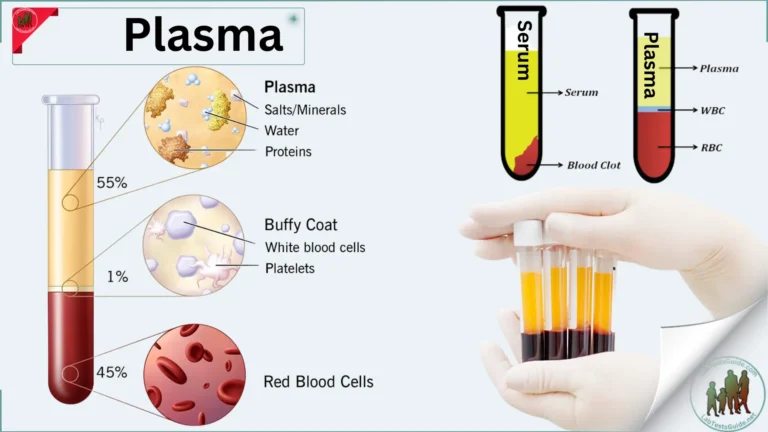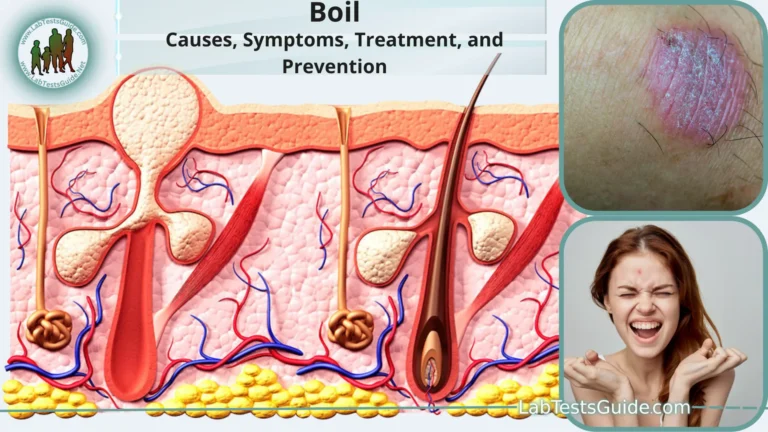Screening tests for adults aged 50 and older are important for early detection and prevention of various health conditions. These tests can help identify potential problems in their early stages when they are often more treatable.

However, it’s crucial to consult with your healthcare provider to determine which screenings are appropriate for your individual health needs and risk factors. Here are some common screening tests recommended for adults aged 50 and older:
- Colorectal Cancer Screening: Starting at age 50, individuals should consider regular screenings for colorectal cancer. Common methods include colonoscopy, sigmoidoscopy, and fecal occult blood tests.
- Mammography: Women aged 50 to 74 should have a mammogram every two years to screen for breast cancer. Women with a higher risk may need more frequent screenings.
- Prostate Cancer Screening: The decision to screen for prostate cancer with a prostate-specific antigen (PSA) blood test should be based on an individual’s risk factors and discussion with their healthcare provider.
- Bone Density Test (DEXA Scan): Women aged 65 and older and men aged 70 and older should consider bone density testing to check for osteoporosis and assess fracture risk.
- Lung Cancer Screening: Current or former heavy smokers aged 55 to 80 with a significant smoking history may benefit from low-dose CT scans to screen for lung cancer.
- Diabetes Screening: Regular blood glucose monitoring and HbA1c tests can help diagnose and manage diabetes. The frequency may vary based on risk factors.
- Cholesterol and Lipid Profile: Regular blood tests to check cholesterol levels and lipid profiles are important to assess heart disease risk.
- Blood Pressure Measurement: Monitoring blood pressure is essential to detect and manage hypertension, which is a significant risk factor for heart disease.
- Eye Exam: Regular eye exams can help detect age-related vision problems like glaucoma, cataracts, and macular degeneration.
- Dental Checkups: Routine dental exams are important for maintaining oral health and preventing dental issues.
- Skin Cancer Screening: Regular skin checks by a dermatologist or self-examination can help detect skin cancer early.
- Thyroid Function Test: Thyroid function tests can help diagnose thyroid disorders, which become more common with age.
- Hepatitis C Screening: Adults born between 1945 and 1965 and those at risk should be screened for hepatitis C.
- HIV Testing: Consider HIV testing, especially if you are sexually active or have risk factors for HIV.
- Abdominal Aortic Aneurysm (AAA) Screening: Men aged 65 to 75 who have ever smoked should consider a one-time ultrasound screening for AAA.
- Cervical Cancer Screening: While typically recommended for women, individuals with a cervix should continue regular Pap smears and HPV testing as advised by their healthcare provider.
- Breast Self-Exams: Women should be encouraged to perform regular breast self-exams and report any changes or abnormalities to their healthcare provider.
- Immunizations: Stay up-to-date on vaccinations, including influenza, pneumonia, shingles, and tetanus-diphtheria-pertussis (Tdap).
Remember that these guidelines are general recommendations, and individual needs may vary based on personal health history, family history, and risk factors. Always consult with your healthcare provider for personalized advice on which screenings are appropriate for you and how often they should be performed. Regular check-ups and open communication with your healthcare team are key to maintaining good health as you age.
Possible References Used




